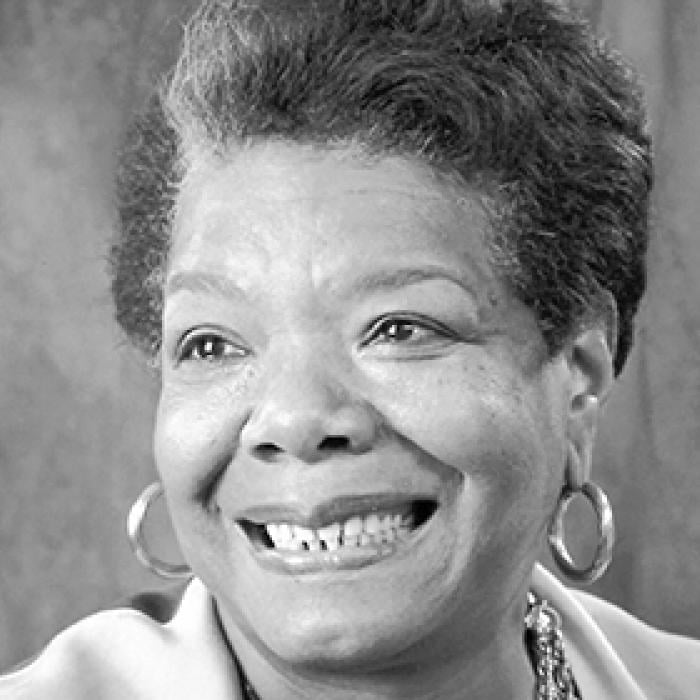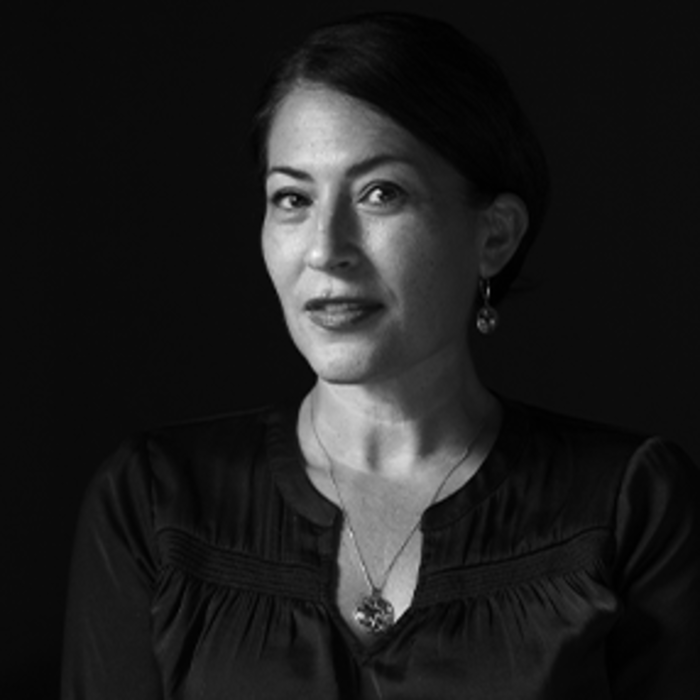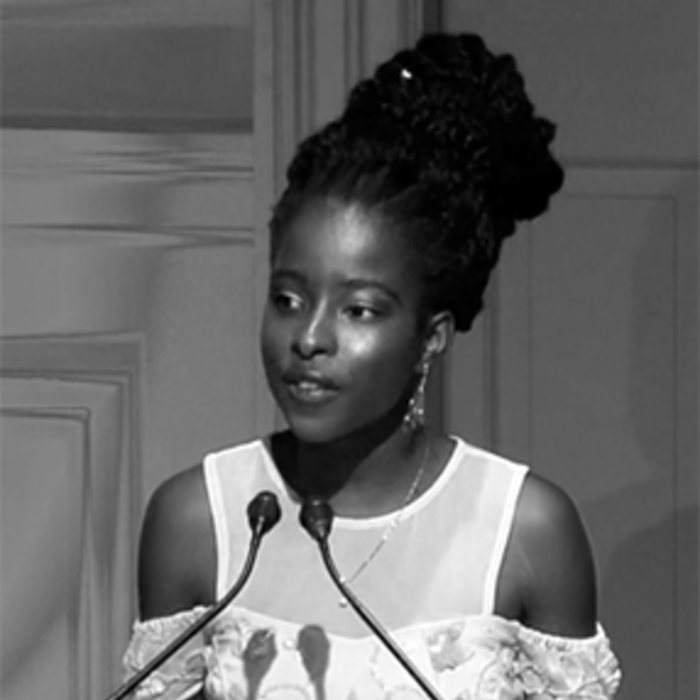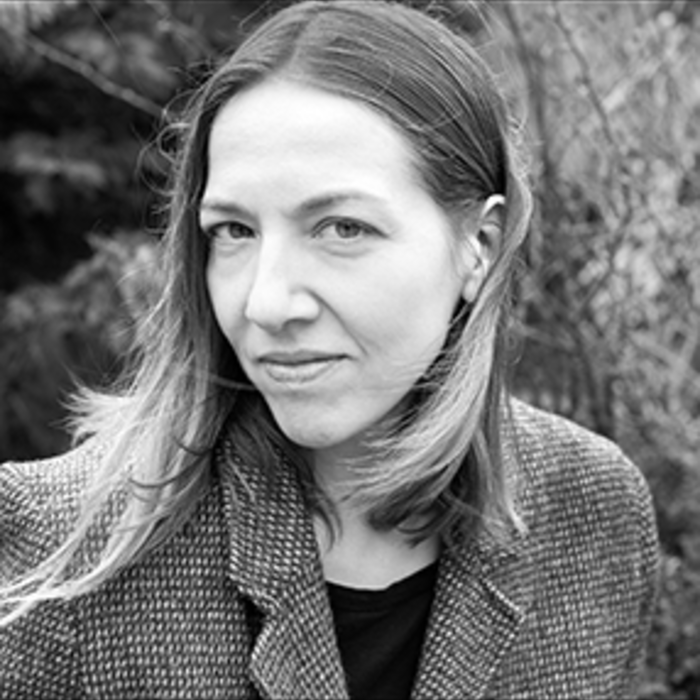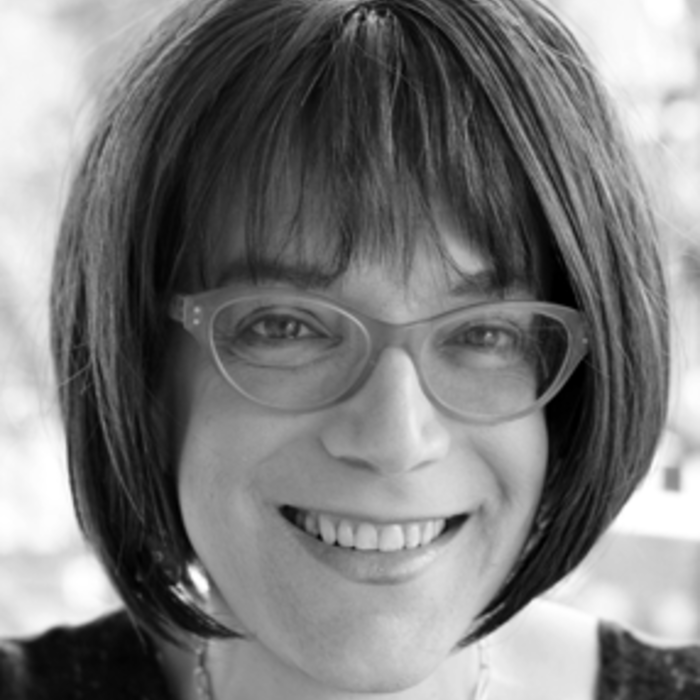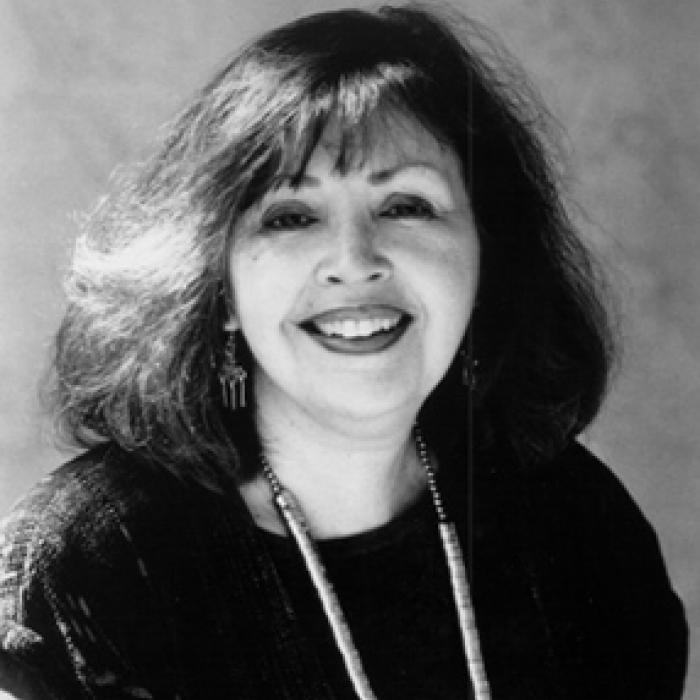Gregory Orr
Gregory Orr was born in Albany, New York, in 1947, and grew up in the rural Hudson Valley. He received a BA degree from Antioch College in 1969 and an MFA from Columbia University in 1972.
Orr is the author of more than ten collections of poetry, including River Inside the River: Poems (W. W. Norton, 2013); How Beautiful the Beloved (Copper Canyon Press, 2009); Concerning the Book that is the Body of the Beloved (Copper Canyon Press, 2005); and The Caged Owl: New and Selected Poems (Copper Canyon Press, 2002).
Orr is also the author of a memoir, The Blessing (Council Oak Books, 2002), which was chosen by Publisher’s Weekly as one of the fifty best nonfiction books of the year, and three books of essays, including Poetry As Survival (University of Georgia Press, 2002) and Stanley Kunitz: An Introduction to the Poetry (Columbia University Press, 1985). With Ellen Bryant Voigt, he coedited the essay collection Poets Teaching Poets: Self and the World (University of Michigan Press, 1996), a volume to which he also contributed.
Orr is considered by many to be a master of short, lyric, free verse. Much of his early work is concerned with seminal events from his childhood, including a hunting accident when he was twelve, in which he accidentally shot and killed his younger brother, followed shortly thereafter by his mother’s unexpected death and his father’s addiction to amphetamines. Some of the poems that deal explicitly with these incidents include “A Litany,” “A Moment,” and “Gathering the Bones Together,” in which he declares: “I was twelve when I killed him; / I felt my own bones wrench from my body.” In the opening of his essay, “The Making of Poems,” broadcast on National Public Radio’s All Things Considered, Orr said, “I believe in poetry as a way of surviving the emotional chaos, spiritual confusions, and traumatic events that come with being alive.”
In a review of Concerning the Book That Is the Body of the Beloved from the Virginia Quarterly Review, the journalist Ted Genoways wrote:
Sure, the trappings of modern life appear at the edges of these poems, but their focus is so unwaveringly aimed toward the transcendent—not God, but the beloved—that we seem to slip into a less cluttered time. It’s an experience usually reserved for reading the ancients, and clearly that was partly Orr’s inspiration.
Orr has received a Guggenheim Fellowship and two poetry fellowships from the National Endowment for the Arts. In 2003, he was presented with the Award in Literature by the American Academy of Arts and Letters, and was a Rockefeller Fellow at the Institute for the Study of Culture and Violence, where he worked on research pertaining to the political and social dimensions of the lyric in early Greek poetry.
Orr is a professor of English at the University of Virginia, where he founded the MFA program in writing in 1975. From 1978 to 2003, he was poetry editor of the Virginia Quarterly Review. He lives in Charlottesville, Virginia.

